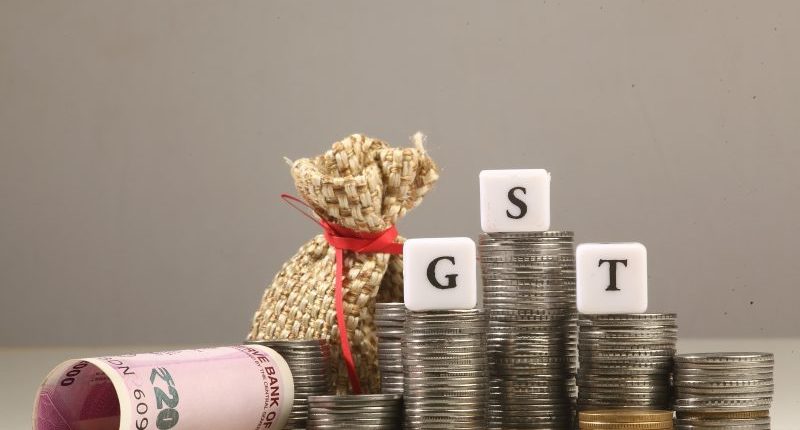A new advance ruling has stressed housing societies across the country to cough up GST on the sinking funds and repair funds these societies have created. Apart from the maintenance collected where it exceeds the threshold limit, the sinking funds shall also be subject to 18% GST under the same conditions.
Suppose the entire value of charges collected by a Residents’ Welfare Association (RWA) or a housing society surpasses the threshold limit of Rs.7,500 per month per member. In that case, a GST of 18% will be applied, according to the Maharashtra Authority for Advance Ruling (AAR).
Earlier in April 2021, the Karnataka AAR had also ruled for an 18% GST levy on such sinking funds. While AAR judgements are only applicable to the firm that has brought the case to the bench, they tend to set a legal precedent.
The Karnataka AAR reasoned that the sinking funds or corpus funds are advance receipts towards services to be supplied by the society to its members. Accordingly, the time of supply for taxation as per the relevant provisions of the CGST Act will be the receipt of funds and not the utilisation.
Most of the time, housing societies collect money from residents to cover future expenses. Several housing societies in India would be affected by the decision. This decision emphasises that taxability under the GST law is not affected by nomenclature, collection mechanisms or forms. To assess the taxability, RWA should carefully evaluate the nature of all collections taken from its members, such as expense reimbursement, common area charges, deposits, and so on).
Industry experts believe that the housing societies, particularly in Mumbai, practice collecting specific amounts from their inhabitants as maintenance costs over time. A portion of the funds is parked for future needs. The money collected is sometimes invested in specific instruments. Most housing societies did not pay GST on this sum until recently.
For any clarifications/feedback on the topic, please contact the writer at annapoorna.m@cleartax.in
Annapoorna, popularly known as Anna, is an aspiring Chartered Accountant with a flair for GST. She spends most of her day Singing hymns to the tune of jee-es-tee! Well, not most of her day, just now and then.





